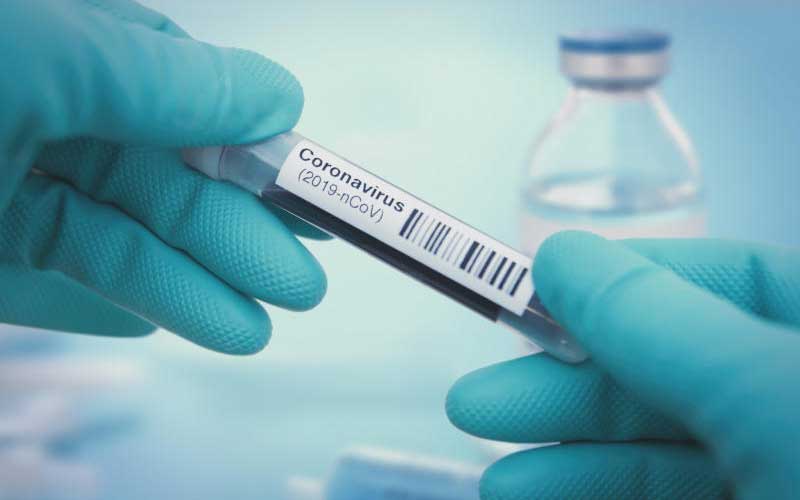
The World Health Organisation (WHO) has refuted the theory that someone can only catch the coronavirus once.
The UN agency has warned that recovering from Coronavirus may not protect people from reinfection, as the death toll from the pandemic hit more than 200,000 around the globe as at yesterday.
In a scientific brief dated April 24, 2020, WHO said the idea that one-time infection can lead to immunity remains unproven and is thus unreliable as a foundation for the next phase of the world’s response to the pandemic.
“Some governments have suggested that the detection of antibodies to the SARS-CoV-2, the virus that causes COVID-19, could serve as the basis for an ‘immunity passport’ or ‘risk-free certificate’ that would enable individuals to travel or to return to work assuming that they are protected against re-infection,” the agency wrote.
The world health agency said there is no evidence that people who have recovered from COVID-19 and have antibodies are protected from a second infection. The agency said it continues to review the evidence on antibody responses to SARS-CoV-2 infection. Most of these studies show that people who have recovered from infection have antibodies to the virus.
However, some of these people have very low levels of neutralising antibodies in their blood, suggesting that cellular immunity may also be critical for recovery.
It added that laboratory tests that detect antibodies to SARS-CoV-2 in people, including rapid immunodiagnostic tests, need further validation to determine their accuracy and reliability.
Inaccurate immunodiagnostic tests may falsely categorise people in two ways. The first is that they may falsely label people who have been infected as negative, and the second is that people who have not been infected are falsely labelled as positive.
“Both errors have serious consequences and will affect control efforts. These tests also need to accurately distinguish between past infections from SARS-CoV-2 and those caused by the known set of six human coronaviruses,” reads the brief.
Many countries are now testing for SARS-CoV-2 antibodies at the population level or in specific groups, such as health workers, close contacts of known cases, or within households.
WHO says these studies are critical for understanding the extent of – and risk factors associated with infection and they will provide data on the percentage of people with detectable COVID-19 antibodies, but most are not designed to determine whether those people are immune to secondary infections.
This brief comes after some countries announced they would be issuing ‘immunity passports’ to allow travelers get security clearance at airports.
 The Standard Group Plc is a multi-media organization with investments in media
platforms spanning newspaper print
operations, television, radio broadcasting, digital and online services. The
Standard Group is recognized as a
leading multi-media house in Kenya with a key influence in matters of national
and international interest.
The Standard Group Plc is a multi-media organization with investments in media
platforms spanning newspaper print
operations, television, radio broadcasting, digital and online services. The
Standard Group is recognized as a
leading multi-media house in Kenya with a key influence in matters of national
and international interest.











